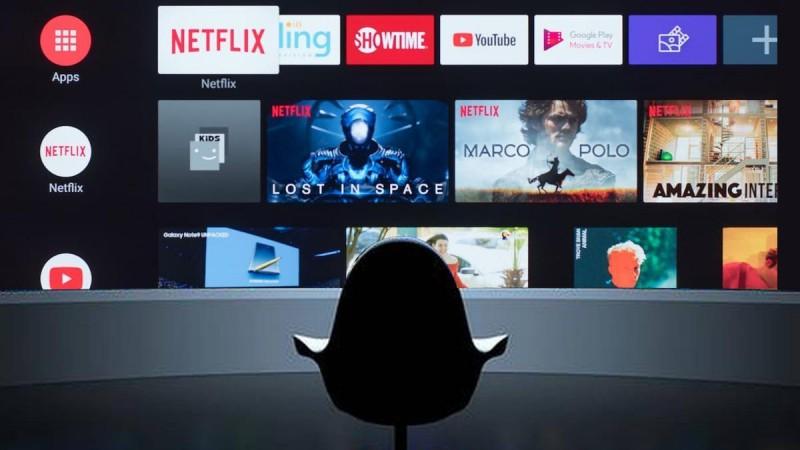
The rise of OTT (Over-the-Top) platforms has sparked a debate on whether they bring benefits or detriments to the film industry. Particularly post-pandemic, OTT platforms experienced a significant surge in viewership, expanding the market for digital rights. This trend became a means for producers to recover their film production costs. However, some producers began prioritizing OTT deals over film quality, resulting in a decline in overall film standards and subsequent losses for the platforms.
People, especially movie buffs, are completely addicted to OTTs. And for those who cannot afford to watch the film in theaters, especially with their families, it is easy for them to buy an annual subscription to these platforms. But with the rules that are changing, you might have to go to the theater to watch the film if you are sure that you do not want to miss it or cannot wait.
To counter this trend, OTT platforms have chosen to become more discerning in their film selections. They now allocate a specific annual budget to acquire movies. With the current financial year's budgets exhausted, platforms have halted new acquisitions, impacting films in various production stages and causing some projects to be shelved.

Dil Raju, a prominent producer, emphasized the necessity for filmmakers to focus on content quality for industry sustainability. He stressed, "The emphasis should be on quality over quantity. We should now target theatrical revenue rather than non-theatrical deals."
Naga Vamsi, head of Sithara Entertainments, ahead of Guntur Kaaram's acknowledged the corporate nature of OTT platforms, highlighting their control in decision-making. He noted, "They decide on what they want. If they like our content and approach us, then we can negotiate terms."
Recently, many films, which are finalised, have been kept on hold and have not gone on floors as they could not close their digital and other deals. One of such films stars Nikhil and Rukmini Vasanth in the lead roles and is produced by the SVCC banner.

While big-budget movies typically retain value, smaller and medium-budget films must prioritize content richness to thrive on OTT platforms. This shift may serve as a positive turning point for audiences as subpar films face rejection outright. The industry's future will hinge on this change, revealing its effects on both filmmakers and audiences.
As the industry adapts to these transformations, it remains to be seen how this shift will influence the dynamics between filmmakers, OTT platforms, and the quality of content offered to viewers in the foreseeable future.



!['Jail mei kitne din tha?': Karan Veer Mehra digs Rajat Dalal's personal life; latter gets furious [Bigg Boss 18] 'Jail mei kitne din tha?': Karan Veer Mehra digs Rajat Dalal's personal life; latter gets furious [Bigg Boss 18]](https://data1.ibtimes.co.in/en/full/806657/jail-mei-kitne-din-tha-karan-veer-mehra-digs-rajat-dalals-personal-life-latter-gets-furious.jpg?w=220&h=135&l=50&t=40)











!['Jail mei kitne din tha?': Karan Veer Mehra digs Rajat Dalal's personal life; latter gets furious [Bigg Boss 18]](https://data1.ibtimes.co.in/en/full/806657/jail-mei-kitne-din-tha-karan-veer-mehra-digs-rajat-dalals-personal-life-latter-gets-furious.jpg?w=220&h=135)

